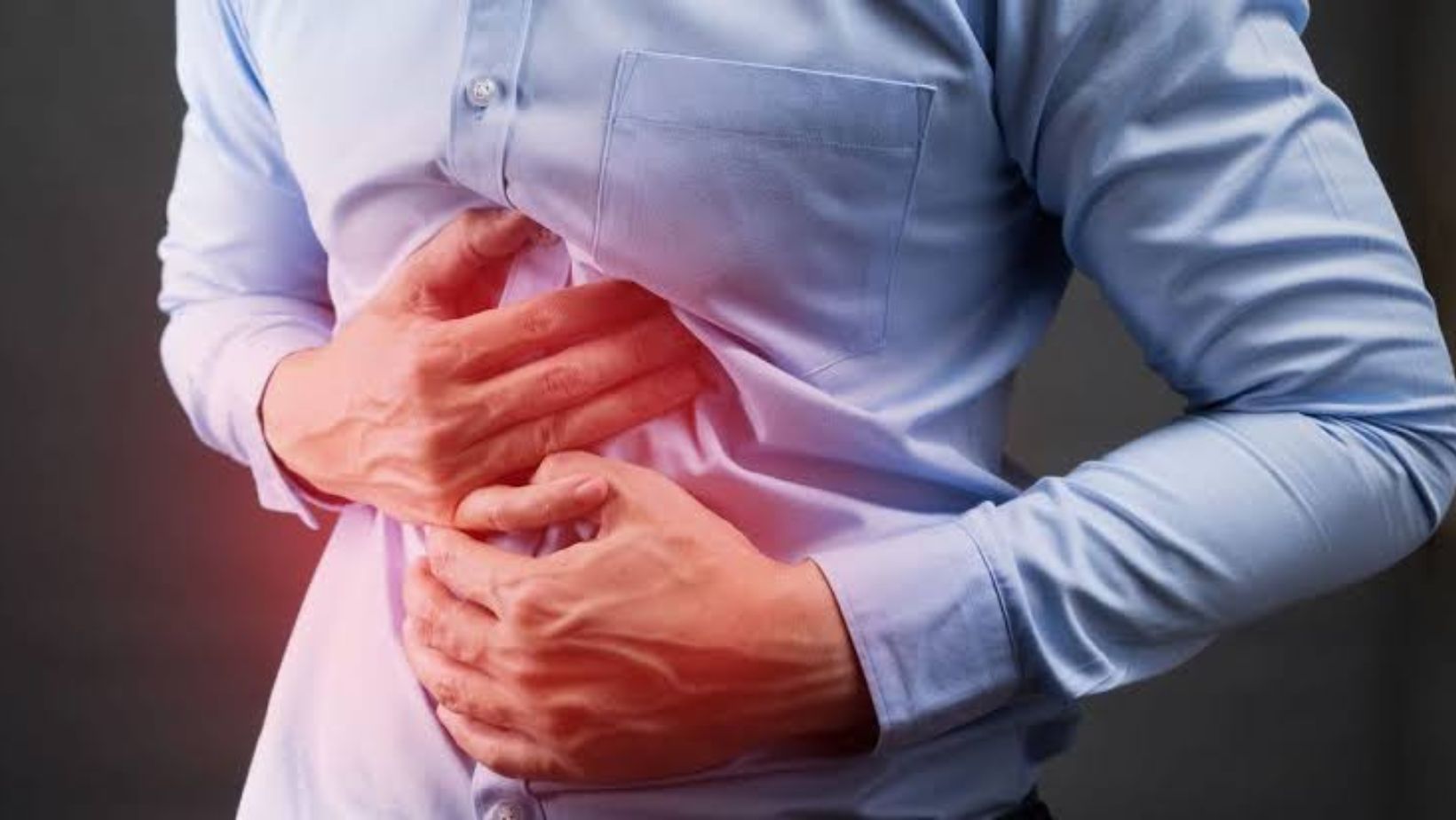Stomach ulcers, also known as peptic ulcers, are painful sores that develop on the lining of the stomach or small intestine. They are commonly caused by the bacteria Helicobacter pylori, as well as nonsteroidal anti-inflammatory drugs (NSAIDs), such as aspirin and ibuprofen.
1. Treat the Underlying Cause
The first step in preventing stomach ulcers from coming back is to treat the underlying cause. If your stomach ulcer was caused by H. pylori, your doctor will prescribe antibiotics to eradicate the bacteria. If your stomach ulcer was caused by NSAIDs, your doctor may recommend switching to a different medication or reducing the dosage.
2. Avoid Trigger Foods
If you know certain foods or activities trigger your stomach ulcer symptoms, avoid them. Certain foods can irritate the lining of the stomach and trigger the development of ulcers. These foods include spicy foods, citrus fruits, tomatoes, and chocolate.
3. Eat a Healthy Diet
Eating a healthy diet can help prevent stomach ulcers from coming back. A diet rich in fruits, vegetables, whole grains, and lean protein can help reduce inflammation in the body and promote healing. Avoiding processed foods, spicy, fried, or fatty foods, sugary drinks, and alcohol which can irritate your stomach, can also help.
4. Manage Stress
Stress can increase the production of stomach acid and worsen the symptoms of stomach ulcers. Learning stress management techniques, such as deep breathing, meditation, or yoga, can help reduce stress and prevent the recurrence of stomach ulcers.
5. Quit Smoking
Smoking can irritate and weaken the protective lining of your stomach and increase your risk of developing a stomach ulcer. Quitting smoking can help prevent the recurrence of stomach ulcers and improve your overall health.
6. Take Medication as Prescribed
If you were prescribed medications to treat your stomach ulcer, it’s essential to take them exactly as directed. This may include antibiotics to kill off any bacteria that may be causing your ulcer, and acid reducers to help protect your stomach lining.
7. Get Regular Check-Ups
Regular check-ups with your doctor can help detect stomach ulcers early and prevent them from becoming more severe. Your doctor may recommend regular endoscopy exams to monitor the healing of your stomach lining.
8. Avoid NSAIDs
NSAIDs, such as aspirin, ibuprofen, and naproxen, can irritate the lining of your stomach and increase your risk of developing a stomach ulcer. If you must take NSAIDs for a medical condition, talk to your doctor about the lowest effective dose and the shortest duration of treatment.
9. Limit Alcohol Consumption
Excessive alcohol consumption can increase your risk of developing a stomach ulcer. If you drink alcohol, do so in moderation. For men, that means no more than two drinks per day, and for women, no more than one drink per day.
10. Drink Plenty of Water
Drinking plenty of water can help keep your stomach lining healthy and prevent ulcers from forming. Aim to drink at least eight glasses of water per day.
11. Get Enough Sleep
Getting enough sleep is essential for overall health and can help prevent stomach ulcers from coming back. Aim for seven to nine hours of sleep each night.
12. Follow Up with Your Doctor
Regular check-ups with your doctor can help detect and treat any stomach ulcer symptoms early. Be sure to follow up with your doctor as recommended, even if you’re feeling better.
By following these expert tips and advice, you can help protect your stomach lining and maintain a healthy digestive system. If you experience any symptoms of a stomach ulcer, be sure to contact your doctor right away.
Read also Boosting Male Fertility: Effective Herbal Remedies for Low Sperm Count
Frequently Asked Questions
What are the symptoms of stomach ulcers?
The symptoms of stomach ulcers can include abdominal pain, nausea, vomiting, loss of appetite, and weight loss.
How are stomach ulcers diagnosed?
Stomach ulcers are typically diagnosed using endoscopy, which involves inserting a flexible tube with a camera and light on the end into your mouth and guiding it through your digestive tract.
How are stomach ulcers treated?
Stomach ulcers are typically treated using a combination of medications, including antibiotics to kill off any bacteria that may be causing your ulcer, and acid reducers to help protect your stomach lining.
Can stomach ulcers be prevented?
Yes, stomach ulcers can be prevented by avoiding trigger foods, eating a healthy diet, managing stress, quitting smoking, and limiting alcohol consumption.
Conclusion
Stomach ulcers can be a painful and debilitating condition, but by following these expert tips and advice, you can help prevent them from coming back. Remember to treat the underlying cause, avoid trigger foods, eat a healthy diet, manage stress, quit smoking
Disclaimer
The content in our articles is not meant to substitute a personal consultation with a qualified healthcare professional and should not be considered medical advice.
Disclaimer
The content in our articles is not meant to substitute a personal consultation with a qualified healthcare professional and should not be considered medical advice.







2 thoughts on “Expert Tips to Prevent Stomach Ulcers from Coming Back”